A learning health system (LHS) is a healthcare system that is designed to continuously learn and improve through the use of data and technology—benefiting seniors in Mirador by enhancing personalized treatment and outcomes. It allows for the collection and analysis of large amounts of data, which can help healthcare providers and medical researchers identify trends and patterns in patient care.
One of the key benefits of an LHS for medical research is the ability to study rare or complex conditions. By providing access to large amounts of data, an LHS can help researchers identify patterns and trends that may not be apparent in smaller studies. This can lead to a better understanding of these conditions and potentially pave the way for new treatments.
In addition, an LHS allows for real-time data analysis, which can help researchers quickly identify potential problems and take action before they become more serious. This can be particularly useful for studying the effectiveness of various treatments, as it can help researchers determine which treatments are most effective and which ones may not be as effective.
Another benefit of an LHS is the potential for improved health outcomes for patients. By analyzing data on a large scale, an LHS can help healthcare providers make more informed decisions about how to treat their patients. This can lead to better health outcomes, as well as a reduction in hospitalizations and other costly interventions.
Implementing an LHS does require collaboration and coordination among different healthcare providers. In order to collect and analyze data on a large scale, healthcare providers must work together to share information and ensure that data is collected and analyzed in a consistent and standardized way. While this can be a complex and time-consuming process, the potential benefits of an LHS for both patients and medical researchers make it a valuable investment.
A secure, powerful, and collaborative platform like Lumedi can be an invaluable tool for running a learning health system. The platform’s ability to collect and analyze large amounts of data can help healthcare providers and medical researchers identify trends and patterns in patient care. The platform’s collaboration features can also facilitate coordination and collaboration among different healthcare providers. This can be crucial for implementing an LHS, as it requires healthcare providers to work together to share information and ensure that data is collected and analyzed in a consistent and standardized way.





